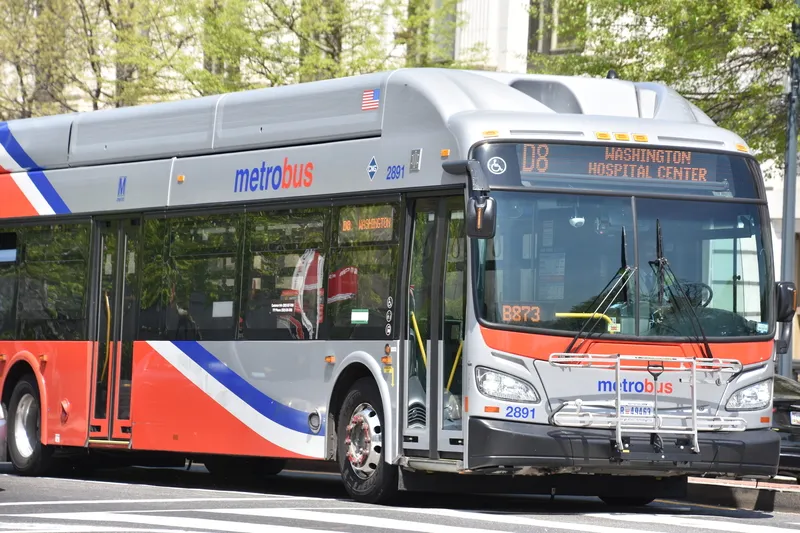The Metropolitan Atlanta Rapid Transit Authority (MARTA) has selected the RoadRunner on-board video surveillance system and vehicle information management (VIM) software from Apollo Video Technology for its fleet of approximately 1,000 transit buses, trains and mobility vans. The surveillance system is designed to enhance safety and security for Marta riders and employees by deterring criminal activity and serving as an investigative tool for the system’s police force.
March 22, 2012
Read time: 2 mins
The 4162 Metropolitan Atlanta Rapid Transit Authority (MARTA) has selected the RoadRunner on-board video surveillance system and vehicle information management (VIM) software from 850 Apollo Video Technology for its fleet of approximately 1,000 transit buses, trains and mobility vans. The surveillance system is designed to enhance safety and security for Marta riders and employees by deterring criminal activity and serving as an investigative tool for the system’s police force.
“Installation of the new vehicle security camera system will provide us with an additional resource for investigating criminal activity and nuisance behaviour for the safety of Marta employees and customers,” says Marta Police Chief Wanda Dunham. “These cameras will also contribute to MPD’s ‘See Something, Say Something’ campaign and will assist with crime prevention and homeland security efforts.”
Installation is scheduled to begin later this year with all vehicles expected to be outfitted by 2014. The US$17 million project is a result of a 2011 formal procurement. The Apollo Video system will allow Marta law enforcement personnel to monitor live video feeds and better respond to incidents on-board agency vehicles, at stations and transit stops.
Apollo Video will equip transit and rail vehicles with digital video recorders, wireless network equipment and back-end fleet management software. Interior and exterior cameras will be placed throughout recording up to 11 cameras on-board each vehicle. Apollo Video’s VIM software is designed to provide a sophisticated back-end solution for organising recorded data and increasing accessibility to more agency employees.
“Installation of the new vehicle security camera system will provide us with an additional resource for investigating criminal activity and nuisance behaviour for the safety of Marta employees and customers,” says Marta Police Chief Wanda Dunham. “These cameras will also contribute to MPD’s ‘See Something, Say Something’ campaign and will assist with crime prevention and homeland security efforts.”
Installation is scheduled to begin later this year with all vehicles expected to be outfitted by 2014. The US$17 million project is a result of a 2011 formal procurement. The Apollo Video system will allow Marta law enforcement personnel to monitor live video feeds and better respond to incidents on-board agency vehicles, at stations and transit stops.
Apollo Video will equip transit and rail vehicles with digital video recorders, wireless network equipment and back-end fleet management software. Interior and exterior cameras will be placed throughout recording up to 11 cameras on-board each vehicle. Apollo Video’s VIM software is designed to provide a sophisticated back-end solution for organising recorded data and increasing accessibility to more agency employees.









